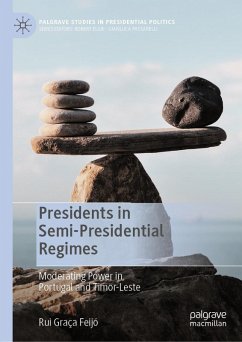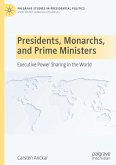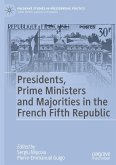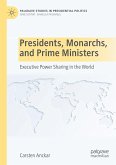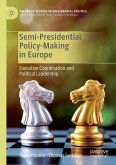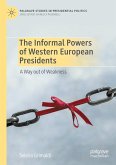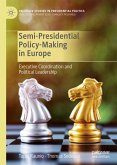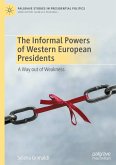This book offers a comparative perspective on the semi-presidential regimes of Portugal and Timor-Leste, suggesting that they both reserve a "moderating power" for presidents in line with what was theorized by Benjamin Constant. Historical legacies, political culture and short-term political considerations combined create an institutional design that has endured and produced incentives to power-sharing and inclusiveness. A critical element of this model finds roots in the electoral system facilitating the emergence of "independent" presidents with political platforms that tend to supersede those of political parties. Elected presidents dispose of an array of competences that do not overlap with those of prime ministers, but represent a category of its own. The vast array of presidential competences contributes to reinforcing a system of checks and balances, and to foster horizontal accountability. The book argues that this specific form of government with "moderating powers" and presidents who are largely "independent" from the party system contributed to the successful democratic transitions of Portugal and Timor-Leste.
Bitte wählen Sie Ihr Anliegen aus.
Rechnungen
Retourenschein anfordern
Bestellstatus
Storno

